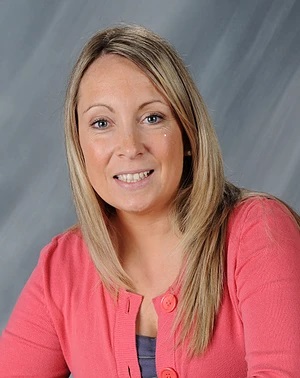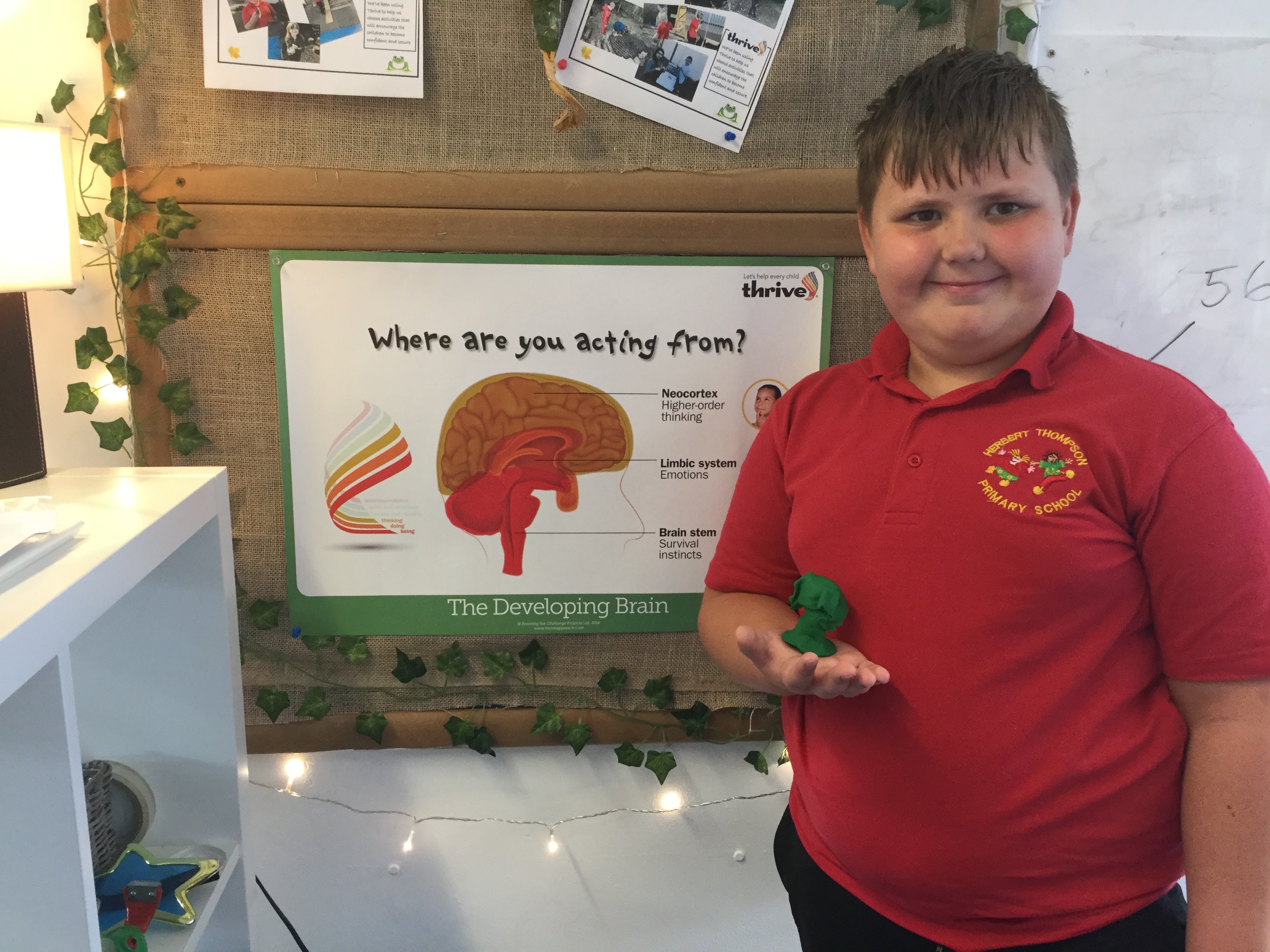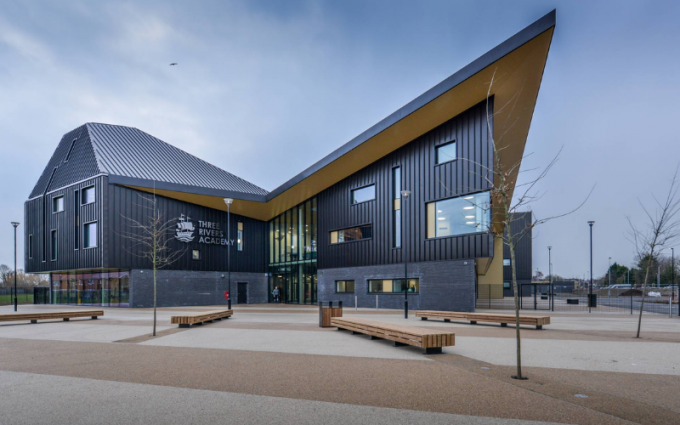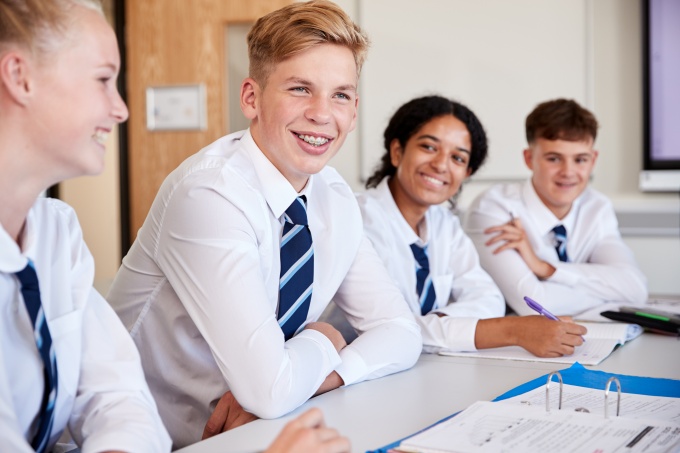The Need
Herbert Thompson Primary School is based in a deprived area of Cardiff with 56 per cent of pupils in receipt of free school meals and 35 per cent with additional learning needs. The school is in an urban area and has expanded in recent years meaning that its outdoor space has decreased. It has 482 pupils on its roll, with either two or three form entry, depending on numbers each year. Ten years ago, the school’s headteacher prioritised wellbeing and staff began looking at different ways of using connection and relationships as a means of repairing trauma. While the school made good progress with this strategy, teachers realised that for it to be truly effective, pupils needed to understand and practice empathy, something many of them struggled with. As a result, the school turned to the Thrive Approach® in 2017 to bridge this gap, helping children to develop a more compassionate and understanding approach towards themselves and others. This has been the missing piece of the jigsaw, helping the school to really make a difference in the wellbeing and outcomes of its pupils.
The Result
Initially, five staff members completed their Thrive Licensed Practitioner® training, three teachers and two teaching assistants. These staff members communicated the principles of Thrive to their colleagues and governors so that there was an awareness of the Approach throughout the school and carried out one-to-one and small group work. As a result, the setting has found that it has been straightforward to use relevant activities in all parts of the timetable so that Thrive is embedded throughout the school day.

Jo Dunne, teacher and Thrive lead at the school (pictured above), said: “We found that the Thrive activities weren’t onerous and didn’t need lots of resources. Staff took them on board and they knew they didn’t have to make dramatic changes to the timetable – it was more about putting simple, easy strategies in place across the day. Because it’s based on science it makes sense to everyone and everyone is on the same page with it.”
One of these strategies has been to greet each child as they come into class, offering a handshake or similar greeting and allowing pupils to develop their own preferred way of saying hello. This has given additional opportunities for eye contact and informal interaction between teacher and pupils, helping to deepen the connection between them. The children now chant a daily mantra which includes positive affirmations eg ‘I am strong, I am loved.’ Other successful activities have included mindfulness sessions, peer massage and those suggested on Thrive’s Facebook page such as the Amygdala first aid kit which puts forward simple strategies to help children’s brains move out of flight/fight/freeze mode and into a calmer, more relaxed state where they are more open to learning.
“We had one little girl who had been through quite a lot of trauma and bereavement. She would often dysregulate and was unable to take part in classroom activities. The first aid kit provided her with a sense of curiosity that helped her to want to come out and join in. She counted things and sorted things and it helped to calm her and to get her to the point where she was then ready to do other activities,” added Mrs Dunne.
Earlier this year, the school’s leadership team completed the Thrive SLT course and an additional teacher and teaching assistant are now in training to become Licensed Practitioners as the school seeks to increase its use of the Approach. It has already used Thrive as the basis for its PHSE syllabus and has also used the data generated by the Thrive-Online™ profiling tool as evidence of its focus on wellbeing and the improvements in academic performance this has brought for Estyn inspections. The Thrive Approach has also been a key part of the school’s response to the challenges of Covid-19. Mrs Dunne has taken part in Thrive’s Reconnecting After Lockdown webinar to help her put strategies in place to support pupils with loss and trauma when the school fully reopened for the autumn term.
In September, a room previously used as an intervention space became the school’s Thrive hub, where one-to-one and group activities take place in a relaxing and sensory-stimulating environment. This area, which is known as ‘Y Cwtch’ (Welsh for a cuddle or hug), also includes outdoor space to grow flowers and vegetables and a kitchen area for Thrive groups to have breakfast together.


“Y Cwtch is providing outdoor learning and experiences which is having a significant impact on our childrens’ wellbeing. Children have fun in the mud kitchen and have become experts in identifying trees and bugs. We’ve been planting all kinds of vegetables and flowers and have been making leaf lanterns and worry webs. It has been wonderful to see the children flourish and smiling every day. Children are also taught about the brain, what happens when we dysregulate and how best to ensure we are able to keep our thinking brain online,” added Mrs Dunne.

As for the children themselves, they are enthusiastic about Thrive and the relationships and benefits it has brought them. One pupil said: “The cwtch is like a second home to me." Another said: “I sometimes flip the lid of my brain, but I know how to keep it on now."
As a result of its commitment to the Thrive Approach, Mrs Dunne said life at the school had changed significantly in just three years, with a reduction in fixed-term exclusions and a much-improved atmosphere for pupils and staff.
“When you walk through the school it’s a lot quieter. Staff don’t panic when children dysregulate because they know what to do. We’re all a lot more relaxed and it’s comforting for staff to know it’s okay to just sit and be still. It has given us more confidence and helped us to see behaviour in a different way,” she said.
And using the Approach has also helped teachers to build better relationships with parents. “Things have become a lot more open. Most parents feel they can trust us and talk to us which is only going to help the children,” added Mrs Dunne.
Over to you
Reduced anxiety and behavioural incidents. Calmer classrooms filled with engaged leaners. Improved relationships with parents and carers. These are just some of the outcomes reported by settings embedding Thrive’s whole-school approach to mental health and wellbeing. Are you ready to join them? Click here to get started.
Pass it on
Small actions can lead to a big ripple effect. If you enjoyed this post or found it helpful, please consider supporting us in our mission to help every child and young person feel safe, supported and ready to learn by sharing it using the social media buttons below.
Want to join a like-minded community of senior leaders and classroom staff benefitting from insights and strategies to improve attendance, behaviour and attainment? Add your email address below. (It’s easy to unsubscribe).

_680.jpg)
_680.png)
(1)_680.jpg)

